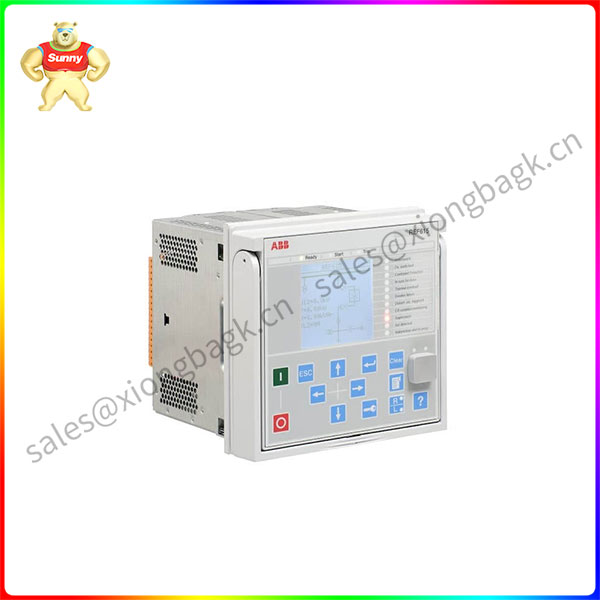(1) Technical barriers and innovation challenges
China’s industrial control computer and system industry is facing high technical barriers in the process of development. Although the domestic technical level has been significantly improved in recent years, there is still a certain gap compared with the international advanced level. Especially in high-end industrial control computers and key core components, domestic enterprises have a high degree of technical dependence, and their independent innovation ability needs to be strengthened. In addition, with the rapid development of global industrial control computer technology, enterprises need to continuously invest R&D resources to keep up with the pace of technological progress, which is a huge challenge for many enterprises. The lack of technological innovation may lead to the lack of competitiveness of products, which is difficult to meet the market demand for high performance and high stability, thus affecting the development of the entire industry.
(2) Talent shortage and training problems
REF615E-1G Talent is a key factor to promote the development of the industry, but China’s industrial control computer and system industry is currently facing a shortage of professional talent. With the rapid development of the industry, there is an increasing demand for high-end talents with interdisciplinary knowledge and the ability to design and develop complex systems. However, at present, there are still deficiencies in relevant professional education and personnel training, especially in practical experience and innovation ability. In addition, competition within the industry has also led to large talent mobility, and it is difficult for enterprises to retain key technical personnel for a long time. Talent shortage and training problems not only affect the R&D and innovation ability of enterprises, but also restrict the sustainable development of the industry.
(3) Market competition and cost pressure
China’s industrial control computer and system industry is facing fierce market competition. On the one hand, international well-known brands with their technological advantages and brand influence, occupy the high-end field of the market, domestic enterprises in the competition with greater pressure. On the other hand, the competition between many small and medium-sized enterprises in the domestic market is also increasingly intensified, and vicious competition such as price war occurs from time to time, which not only damages the healthy development of the industry, but also affects the profitability and development space of enterprises. At the same time, the rising cost of raw materials, labor costs and the strict implementation of environmental regulations have also brought greater cost pressure to enterprises. In this market environment, enterprises need to continuously improve their competitiveness, through technological innovation, cost control and service improvement measures to meet the challenges.

REF615E-1G
8. Competitive landscape
REF615E-1G China’s industrial computer supply channels are mainly from China’s Taiwan and mainland manufacturers, foreign products (such as RADISYS, ROCK-WELL, INTEL, etc.) after several years of market fighting, due to high costs, high prices, difficult service, has completely withdrawn from the domestic market. At present, the domestic IT industry research and development, processing technology strength continues to improve; All kinds of chips and all kinds of devices and production equipment can be equally purchased in the international market; The portability of software resources can save a lot of manpower and material resources. Under these favorable conditions, some domestic manufacturers seize the opportunity to rise rapidly and use local comprehensive competitive advantages to gradually squeeze foreign brands out of the domestic industrial control market. Nowadays, the number of enterprises above the scale of industrial computer in China has exceeded 50. At present, the main industrial computer manufacturers in the domestic market are Taiwan’s Advanhua, Arbor, Volkswagen and the mainland’s Yanxiang, North China, Dongtian and so on.
9. Development trend
Fuzzy control, neural network control, decoupling control, etc., the motion control system can achieve expert level analysis, judgment, reasoning and decision-making capabilities, so as to realize the intelligence of each part of the manufacturing equipment, and ultimately form a highly intelligent, flexible mechanical manufacturing system. With the improvement of China’s intelligent creative ability, the industrial control system industry has gradually developed, and gradually improved the industry content in terms of intelligent and flexible development, control accuracy and speed, and network technology development.
The products and technologies of the industrial control industry are very special and belong to intermediate products, which provide reliable, embedded and intelligent industrial computers for other industries. In recent years, in the context of the rapid development of the Internet of Things, computer and network technology, artificial intelligence and so on, the critical tasks of key industries are increasingly relying on industrial computer, and the products and technologies of industrial computer will also usher in changes and upgrades.
 中文版
中文版




